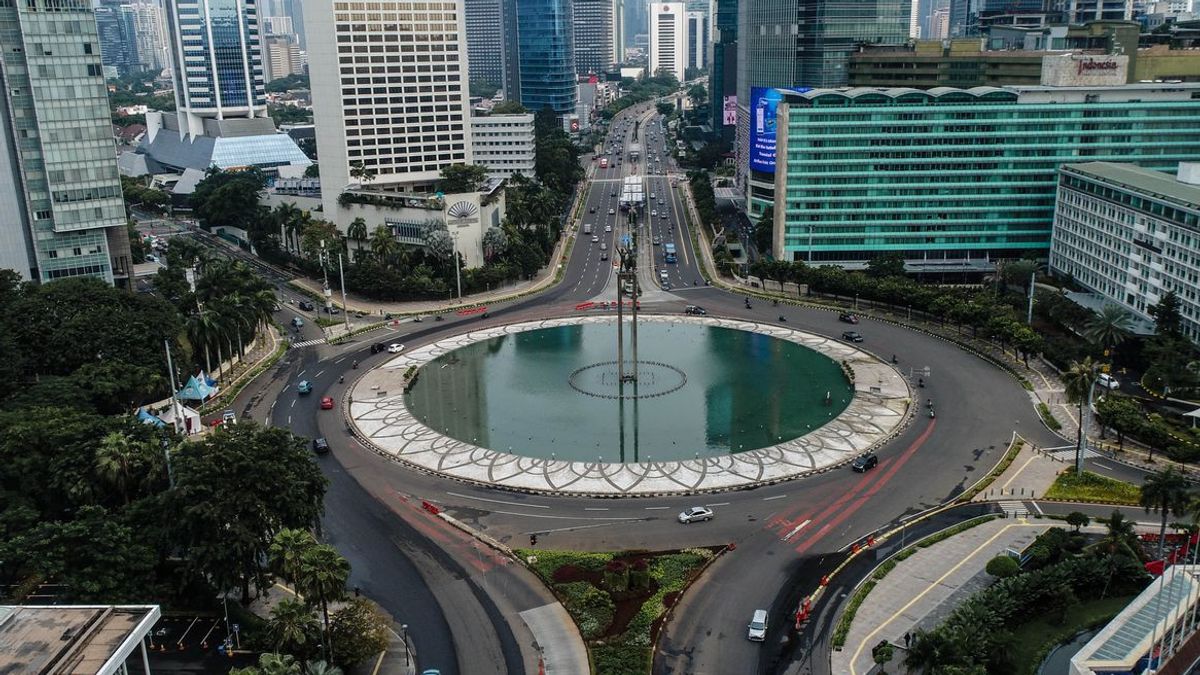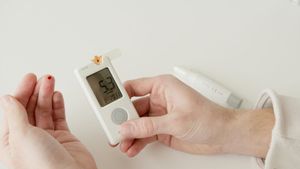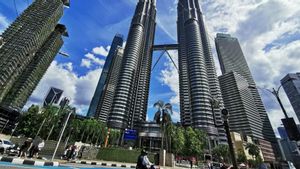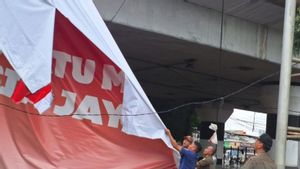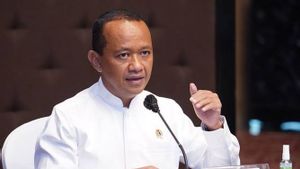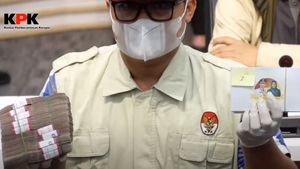JAKARTA - The Executive Director of Indicators, Burhanuddin Muhtadi, released the results of a survey regarding public opinion regarding the implementation of PSBB in various provinces.
When the PSBB was implemented, many people lost their jobs or livelihoods and hoped to get back to work when the PSBB was relaxed. However, when it was relaxed, they still couldn't get back to the job.
"After the PSBB easing, it turned out that they did not get the job they wanted after a few months of PSBB in its early days. Even though the PSBB was relaxed, they still had difficulty earning money," said Burhanuddin in an online survey release, Sunday, October 18.
This is an interpretation of the data from the Indicator survey. At the start of the pandemic last May, more respondents chose PSBB to be enforced, with 50.6 percent of residents choosing PSBB and 43.1 percent not wanting PSBB.
Then, in July, more people wanted the PSBB to end, namely as much as 60.6 percent. Meanwhile, 34.7 percent of the people still want PSBB.
"My guess is that at that time the community had suffered quite tight PSBB for a long time then they were tired because there was nothing to eat. Finally they asked that the PSBB simply stop here and the economy runs," explained Burhan.
"But when the PSBB is relaxed, they hope that the economy will soon improve, it turns out that no power can be obtained. As long as COVID-19 cannot be handled, they will not get the job immediately," he continued.
As a result, many people think that the implementation of PSBB and PSBB easing is no different from the economic condition of the community which is still weak and the handling of COVID-19 has not improved.
This is shown from the survey data for September, that there are 55 percent of respondents who prefer that PSBB be stopped, and 39 percent who choose PSBB to be continued to suppress the spread of the corona virus.
"So, rather than being unclear whether there is a PSBB or no PSBB is the same, it is better if the PSBB is stopped. The important thing is that the government has a strategy related to handling massive COVID-19," said Burhanuddin.
The survey was conducted using the telephone contact method to 1,200 respondents. These respondents were randomly selected from those who had conducted face-to-face surveys before the COVID-19 pandemic took place.
The tolerance for error or margin of error for this survey is 2.9 percent and the confidence level is 95 percent. This survey was conducted in the period 24 September to 30 September 2020.
The English, Chinese, Japanese, Arabic, and French versions are automatically generated by the AI. So there may still be inaccuracies in translating, please always see Indonesian as our main language. (system supported by DigitalSiber.id)
